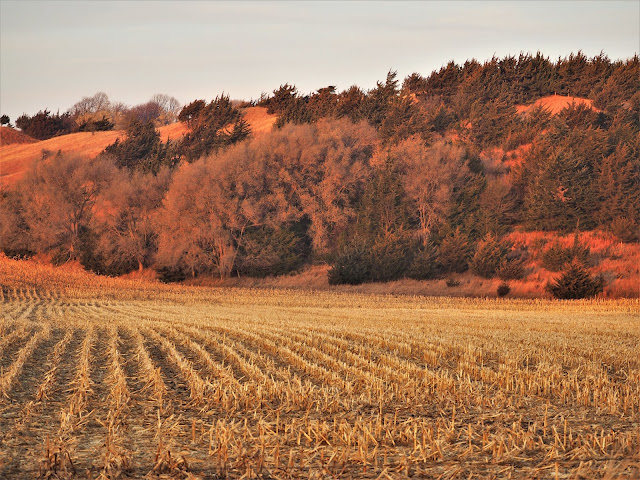A couple of decades ago, I suggested a few negative things about Billy Graham in a piece I wrote for the Banner, the denominational magazine of the church in which I was reared, the Christian Reformed Church of North America. My folks, proud of their son's writing appearing there, were more than a little disappointed and even annoyed. How could their son besmirch the great evangelist's name with such cheap-shot criticisms? I was their son, but who was I to say bad things about a living saint?
What they'd seemingly forgotten was that they once did so themselves. When I was a little shaver, not yet participating in theological discussions around the dinner table, I remember my father being, well, skeptical of the all that frothy grace--"cheap grace"--front and center at Billy Graham's immodest extravaganzas, thousands and thousands of repentant sinners marching forward, in tears, to confess their troubled need for "Jeee'zus." Really, all of that in a football stadium?
The whole revival business was foreign to them, not as all-American as Kristin Kobes Du Mez makes it in her fascinating and fine book Jesus and John Wayne. The title line is a blessing, but this book's goods are in the subtitle: How White Evangelicals Corrupted a Faith and Fractured a Nation. The truth is, or so it seems to me, my parents were, back then, the foreigners. Eventually, they too became American.
And, if I've got my ears on, I'm guessing Kristin Kobes Du Mez would say so too. If my parents were more than a little leery about the whole Graham phenomenon, that attitude would put them outside the boundaries of what might then have been considered "American evangelicalism." They were Dutch Reformed, emphasis on were.
Because they didn't stay there. Truth be told, they had good reason not to distrust Billy Graham; their own beloved sister-in-law knew him well, rode back and forth to Wheaton College with the guy when he was just a rugged, handsome kid, and she was a Southern belle. They didn't know Billy Graham, but, Lord 'a'mighty, they knew someone who did.
Just one of the basic arguments of Jesus and John Wayne is that, whatever definition you want to give it, "white evangelicalism" is far more of a cultural phenom than a theological position. I suppose it's always a conundrum: does one's theology determine one's culture?--or does one culture determine one's theology? They're Siamese twins. Kobes's book trades almost exclusively--and convincingly--in the cultural nature of what we reference when we give the word "evangelical" its political meaning.
In just about every way, my parents became more politically and culturally "conservative" when they got old (I don't think that's unusual), but more theologically conservative too (I don't know that that's unusual either). Once upon a time, they were inheritors of a worldview deeply distrustful of what they would have called "Arminianism," the idea that somehow we--and not God--determine or choose our personal salvation.
As the years rolled by, the old-time religion--all that Calvinist theology--got tiresome, I suppose, when some of those TV preachers became their daily fare--"they're just sooooo good, Jim--do you watch 'em?--you should." Of the Reverend Billy Graham they would have said, "Just look once at the good that man has done for the Lord in this world." When Graham got charmed by President Richard Nixon, they did too. By 1968, given the antiwar movement and racial violence all over the country, my parents could not have been more proud of having a Bible-believing Christian man like Billy Graham right there in the Oval Office with the President of the United States.
My parents--good people, sweet people--became orthodox "American Evangelicals." I have no doubt that last month my mother would have voted for Donald Trump. She had grown up Dutch Reformed, but become a Christian Nationalist.
I am still dumbfounded by the realization that in the county where I live, where there are ten people gathered, eight of them voted for Donald J. Trump, a man whose lies--yesterday again on Fox--are somehow less evil then than they are idiotic and just plain baffling. Kristin Kobes Du Mez's book makes my astonishment less mystifying. The Trump phenomenon was a long time coming, for years in the works.
Often, it's not pretty, but Jesus and John Wayne, a thoughtful and convincing travel guide through the religious landscape of the better part of an American century, highlights the story of "white evangelicals" like my parents.
And me too.


























